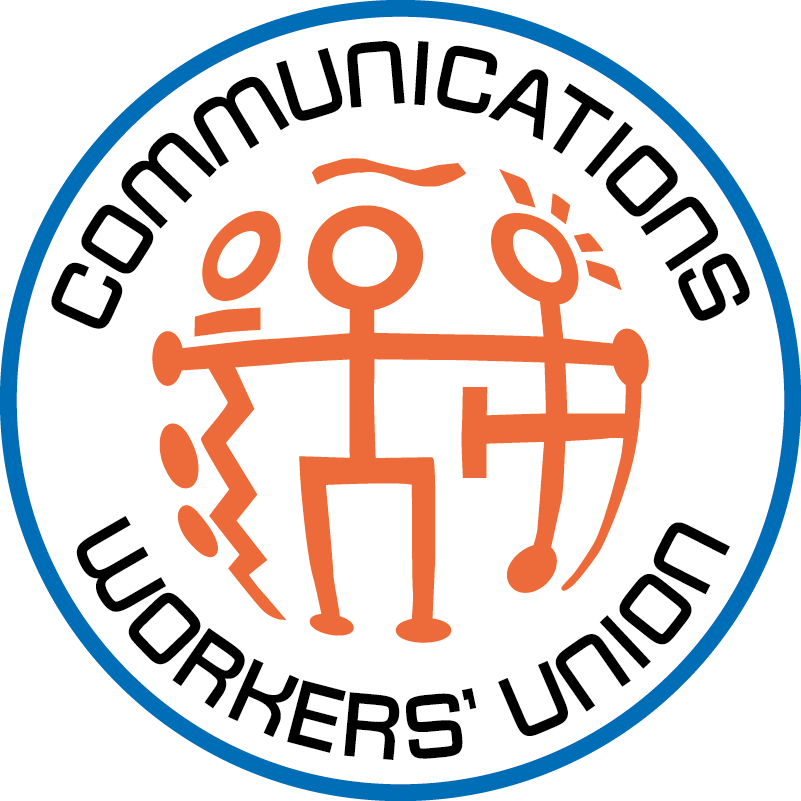Patricia Murray Senior Organisational Psychologist with the Health and Safety Authority was a recent guest speaker at a seminar organised by the ICTU Health and Safety Mental Health sub-committee.
The seminar focused on what trade unions can do about the issue of mental health in the workplace.
Writing on the subject for our website Patricia Murray gives us the benefit of her advice on mental health and work.
“It can be challenging for small business owners to take a step back from their work. And new employees can put themselves under huge pressure just to prove they are the right person for the new job they just landed.
Ageing workers can find the fast pace of change in their workplace conflicts with their traditional approach towards getting things done and new technology has its own stresses for everyone.
And there are huge pressures on the self-employed, which don’t get the attention that stresses on employed people get.
They carry different responsibilities, from financial to social to regulatory and even status or social position – if they fail it is very evident to all as the business goes under.
There are few employee groups – and don’t forget, managers are employees too – who will not be exposed to work stress at one time or another in the course of the working life. Some will cope and move on to become more resilient.
Others will flounder, but hopefully seek help and get it. There are some who will unfortunately, get burnt out and remove themselves from the world of work, temporarily, or in extreme cases, permanently.
Stress, burnout and exhaustion can lead to a complete inability to function at work. Those who suffer from burnout also have a lowered sense of ability and can be deeply cynical unless there are interventions before they reach the end of the cul-de- sac.
Ideally we all have networks where we meet to diffuse issues, talk them out, say it and overcome it. But people also, at times, need to have access to expertise, easily and speedily, so that it is not hugely time consuming to seek and get help and support within the work environment.
Bigger business owners should have some form of Employee Assistance Service or Occupational Health remedy for employees. Smaller outfits too need to have services available so that managers and supervisors are sufficiently trained to recognise if there are stressors for staff.
Smart recruitment systems are also important so that there is a healthy person, job-fit for the position. This is especially important and needs good sound analytics so that the time and money spent on recruitment and selection pays off.
Leadership behaviour is a well-known influencer in this area. Leader’s attitudes are very telling. Do leaders, both formal and informal, respect the views of others around them?
Sometimes leaders (entrepreneurs/self-starters) do not share this tendency and can start on the road to ruin where they actually believe that they are better, clever and just better intrinsically, than those around them. It’s a sort of ‘I didn’t get where I am today’ type of thinking, so that they feel they are the only person to be relied upon as they happen to be the owner.
Finally, if a person is not sleeping, not eating, over drinking and very angry – they are in a stress cycle and best first step is to go to the GP sooner rather than later, speak up, get out for a daily walk and seek help in work and get psychologically healthy, before tackling the actual work itself. Though it may be the build-up of work which is the stressor.
Organisations can assess their workforce for stressors and for well-being rates by using the Authority’s Work Positive CI. Critical Incident, partnered with the State Claim Agency and CISM (Critical Incident Stress Management network).
The upgraded Work Positive CI tool offers employers the opportunity to get engaged in the area of resilience, ability and engagement, whilst also recognising stresses and strains and challenges.
It gives employers the freedom to set up a system to benchmark the ‘as is’ position of employees, in various roles and categories, and then prioritise small and big interventions, as needed, over the short and long term. It’s free, easy to use and on-line.
There is quite a lot of help and support from us right now, and it puts the progressive employer, large or small, urban or rural, with or without a HR expertise, on the map as being careful and considerate about how people live and learn while at work.
Being stressed makes us blind to the very causes of our stress -and blind also to the effects of our behaviour on those around us.
Those around us are not confined to people at work, but include loved ones and people we should be caring towards. So, even if just in order to help in our lives outside work, we each need to be careful or to pay attention to the effects of stresses.
Employers and employees, self-employed and self-starters, young and old be aware, self-awareness is not as common as we might think and that is why a tool like Work Positive can shine a light on the issue to help heighten our awareness”.
Patricia Murray is a Senior Organisational Psychologist/inspector, HSA
Website https://www.hsa.ie/eng/



